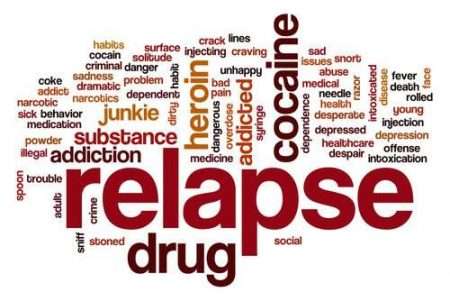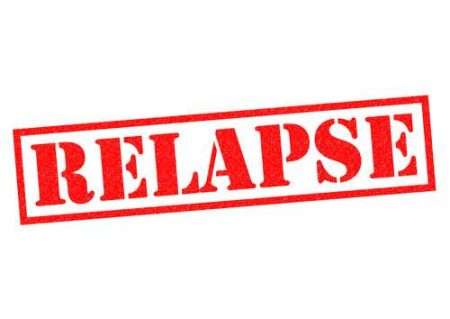Relapse receives much criticism and judgment due to a lack of understanding about what relapse is and isn’t. What relapse is doesn’t matter to anyone but the individual who has relapsed. Relapse can mean many things. Here are some important facts to understand about what relapse does not mean.
-
Relapsing does not mean you are a failure
-
Relapsing does not mean you are incapable of staying sober
-
Relapsing does not mean you cannot get sober again
-
Relapsing does not mean you cannot stay sober again
-
Relapsing does not mean your treatment program didn’t work
-
Relapsing does not mean treatment programmes will never work
-
Relapsing means you are still in need of treatment in order to recover from a chronic relapsing and often fatal disease
You have to decide what your relapse means to you. Relapse can either be a warning signal fired off in the night, bright and loud, telling you that your disease of addiction is real. Relapse can also be an invitation to continue drinking and using, throwing your treatment experience in the back corners of your mind. After weeks of treatment and a commitment to sobriety, you made some decisions that weren’t conducive to your sobriety. Namely, you chose drugs and alcohol as a solution, after learning that there is another solution- in fact, there are many. For some relapse is a momentary lapse in judgment, like a blank spot in their minds. Others experience relapse as a growing process, knowing ahead of the time the decision they are about to make.
Relapse is both. As a process, relapse starts with euphoric recall, or the happy memories of the better times of drinking and using. Few addicts and alcoholics end their using careers on a happy note. If their drinking and using wasn’t problematic in any way, they wouldn’t need treatment. The peculiarity of the disease of alcoholism focuses on the happier, pleasure producing memories rather than the negative ones. Due to the fragile nature of addiction in the brain, just thinking about drinking and using can cause a series of chemical reactions so strong, the brain convinces itself it has already drank or used drugs, thus triggering cravings. Eventually, cravings become so strong they are not to be ignored. Then, relapse occurs.
Some argue that relapse cannot be a momentary lapse of judgment and that there are intentions or a willingness behind that first drink not to stay sober. It is impossible to know what any one person is thinking, or not thinking, the minute they pick up that drink or drug. They might not even know themselves! The disease of addiction is relentless and fierce, causing a disruption in the normal processing of the brain. Relapse can happen, however, relapse is preventable.
Castle Craig Private Hospital serves Scotland and all of Europe by providing residential treatment programmes for addiction. We strive to bring each patient to optimum health of mind, body, and spirit, with a renewed sense of meaning and purpose in live. For information on our recovery services and programmes, call our 24 hour free confidential phone-line: 01721 546 263. From outside the UK please call: +44 808 271 7500.



